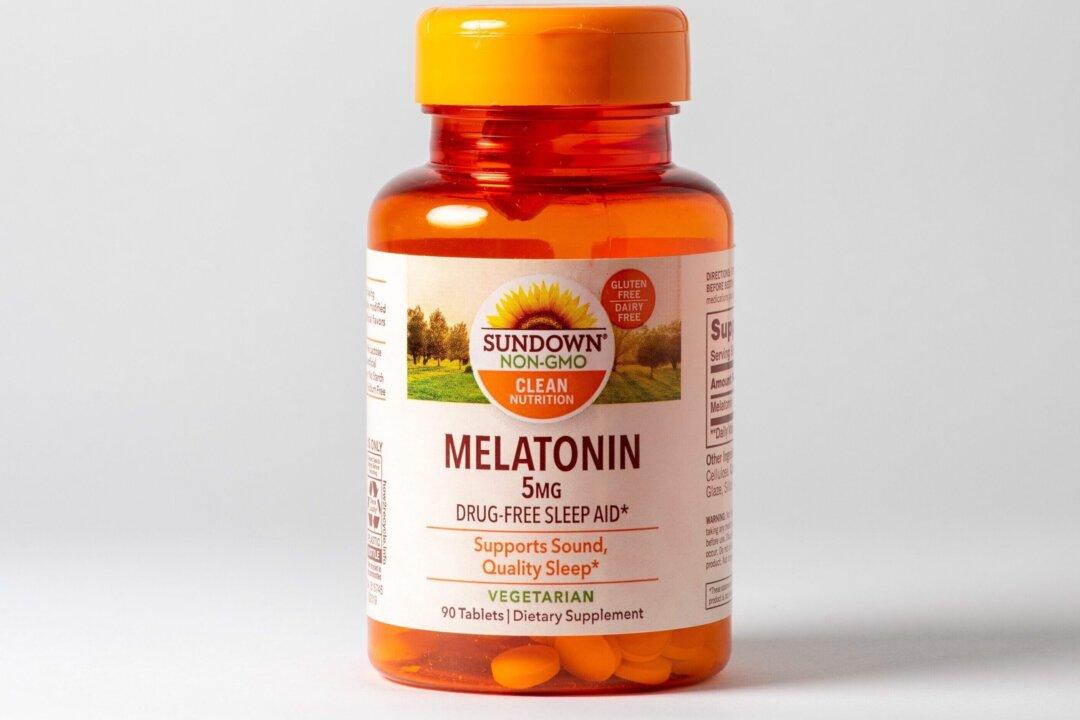Two key studies have identified the role that melatonin plays in reducing the risk of a positive test for COVID-19 and lowering the incidence of severe symptoms.
That new finding adds to a list of benefits linked to melatonin since it was first discovered in 1958 by Dr. Aaron Lerner, a dermatologist who was able to isolate it from the pineal gland in a cow.






